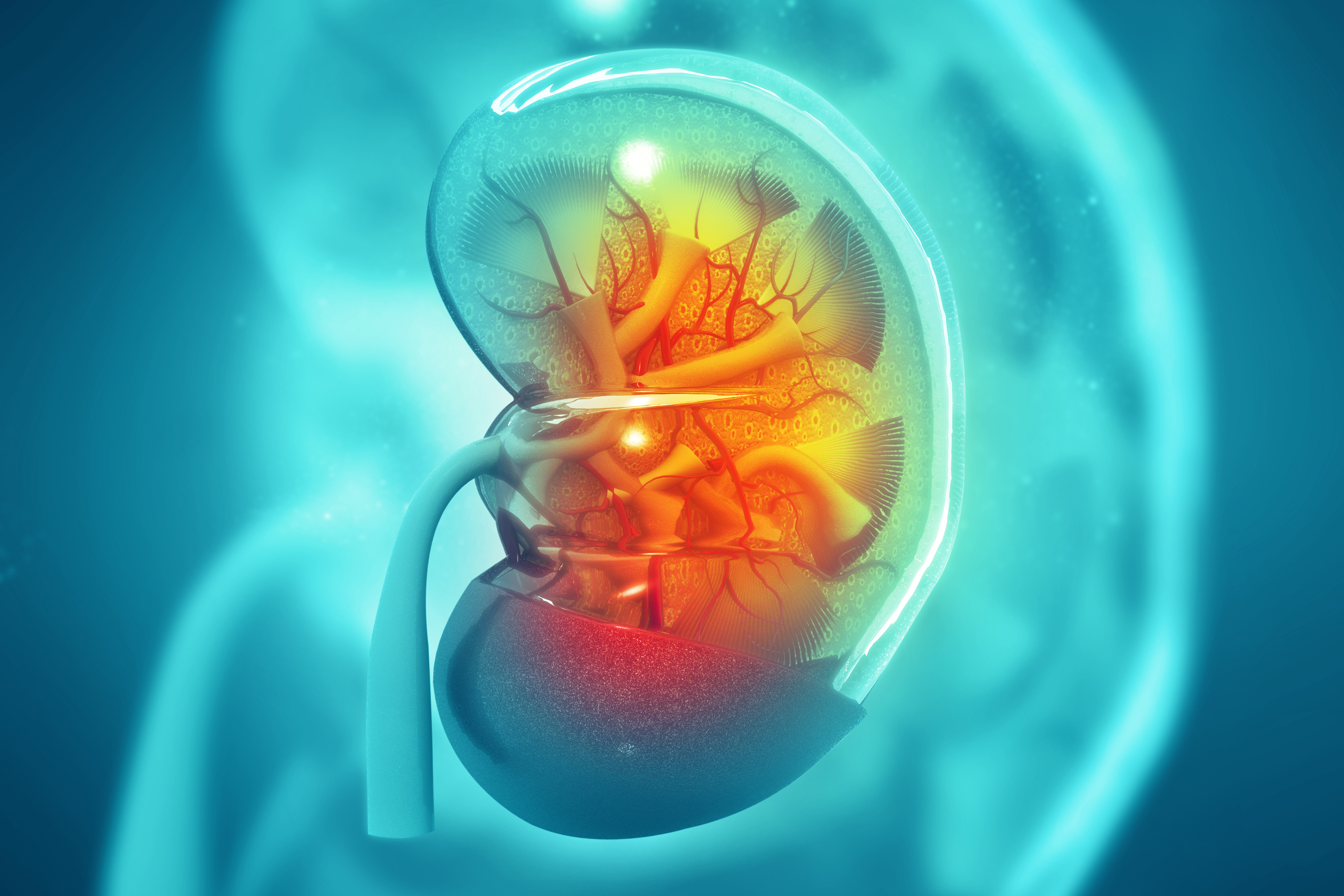Treatment with Soliris May Help aHUS Patients Who Undergo Kidney Transplant, Study Suggests
Written by |

Successful kidney transplant for atypical hemolytic uremic syndrome (aHUS) is aided by treatment with Soliris (eculizumab), a small Turkish study has found.
The study “Renal Transplantation in Patients With Atypical Hemolytic Uremic Syndrome: A Single Center Experience” was published in the journal Transplantation Proceedings.
Hemolytic uremic syndrome (HUS) is a disease that leads to the destruction of red blood cells, platelets and blood vessels. Its actual cause is unknown, but evidence supports its association with an intestinal infection caused by a toxic bacteria strain known as Shiga toxin-producing Escherichia coli. The bacteria produce toxins that travel through the bloodstream, causing damage to blood vessels.
However, about 10% of HUS cases can be explained by a dysregulation of the complement system — a cascade of proteins found in the blood that are involved in the immune response. These cases are known as atypical HUS (aHUS).
Kidney failure is commonly observed in HUS due to accumulation of damaged platelets and red blood cells that block, and then lead to the destruction, of small blood vessels. When this happens the kidney filtration system is compromised and patients require blood transfusions, dialysis and, in some cases, a kidney transplant.
However, aHUS can reappear after kidney transplant, or it may be triggered by the transplant, which explains why aHUS is considered a contraindication (seldom suitable) for renal transplant.
Soliris (eculizumab), developed and sold by Alexion, is an engineered monoclonal antibody that targets the protein C5, an element of the complement system that is chronically and uncontrollably activated in aHUS. Soliris is currently recommended as a first-line treatment for aHUS.
A group of researchers at Istanbul Aydın University, Turkey, analyzed the outcomes of eight aHUS patients (mean age 34 years) who underwent a kidney transplant. Six patients received their aHUS diagnosis prior to transplant, but two patients were not diagnosed until after surgery. Patients were followed for a average of 25 months.
They underwent hemodialysis for an average of 37 months. Four patients had a plasma transfusion prior to transplant and two after transplant. Intensive immunosuppressive therapy, known as induction therapy, was administered to reduce transplant rejection.
Soliris was given after the transplant at a dose of 900 milligrams (mg) per week during the first month, followed by 1200 mg every two weeks.
No transplant acute rejection was observed and blood analysis revealed that the levels of creatinine – a way to assess kidney function – decreased overtime, showing improved kidney filtration. Lactate dehydrogenase levels also were reduced, indicating kidney damage and anemia had lessened.
Overall, “patients with aHUS may be transplanted successfully with eculizumab with good allograft [transplant] outcomes,” the study concluded.





